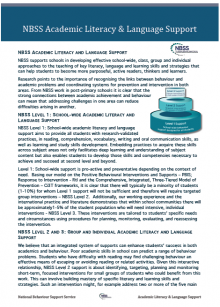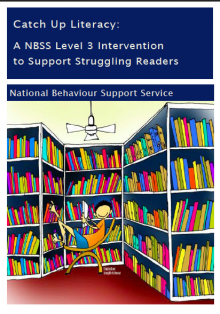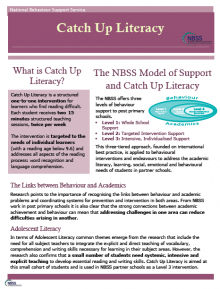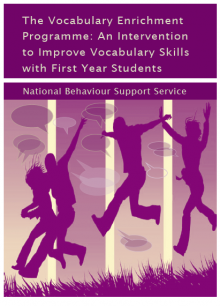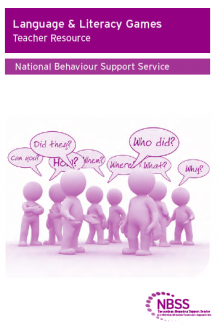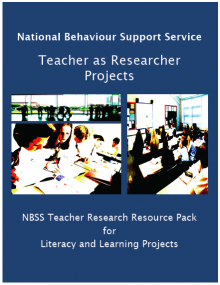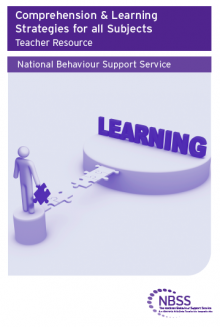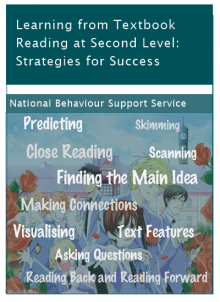NBSS Academic Literacy and Language Support
NBSS supports schools in developing effective school-wide, class, group and individual approaches to the teaching of key literacy, language and learning skills and strategies that can help students to become more purposeful, active readers, thinkers and learners. This document provides an overview of this support.

